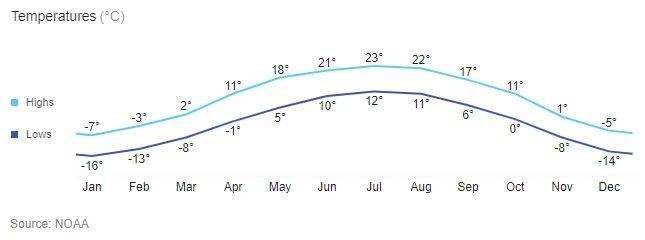

| Term start& deadline | Deadline | ||
|---|---|---|---|
| Fall-September 30-July-2023 | 2023-07-30 |
|
|
| Winter-January 30-November-2023 | 2023-11-30 |
|
As an anthropology major, you gain insight into some of the most important questions facing humanity today.
As you progress through the anthropology major, you refine critical thinking skills while developing research skills (including learning and applying methods) and analytical skills.
You choose one or two subfields that interest you the most and begin to study them more deeply.
In the first and second years of the program at MacEwan University, you learn key terms, approaches and theories of anthropology.
You are introduced to the big questions that drive the discipline, examining cross-cultural and biological perspectives on what it means to be human.
You become familiar with the historical and contemporary underpinnings of each of the four subfields of anthropology:
Social/cultural anthropology, archaeology, biological anthropology and linguistic anthropology.
In the second year, you begin to conduct work in the lab.
In your third year, you learn how humans live in, have adapted to and participate in our physical and social environments.
The courses you take, including those that focus on research methods, prepare you for special topics courses that expand on and deepen your knowledge of anthropology subdisciplines.
By the final year of the program, you are creating and disseminating original research, communicating anthropological concepts using a variety of media and evaluating your peers using a variety of techniques.
$32,636
| Cost of living | 1 person | $7,536 |
| Accommodation | 1 bed room | $8,636 |
| Tuition | 1 person | $24,000 |
Duolingo: Minimum overall band score of 115
An applicant who is completely bilingual and fluent in English is entitled to submit a written petition to the Office of the University Registrar providing evidence that the applicant’s English language proficiency exceeds the specified minimum levels, and requesting exemption from the English language proficiency (ELP) requirement.
Applicants with nine to 23 university-level credits must also present a minimum Admission Grade Point Average (AGPA) of 2.0 on a 4.0 scale. Applicants with 24 or more university-level credits will be considered under Previous Post-Secondary Work.
Group A (Humanities): Social Studies 30-1, 30-level language other than English, Aboriginal Studies 30
Group B (Fine Arts): Art 30, Art 31, Communication Technology Advanced (5 credits), Dance 35, Drama 30, Music 30 (Choral, Instrumental or General (5 credits), Musical Theatre 35, Music 35, Performing Arts 35 A, B, or C., Additional 35-level Fine Arts courses may be considered.
Group C (Sciences): Biology 30, Chemistry 30, Mathematics 30-1, Mathematics 30-2 (cannot be used for admission with Pure Mathematics 30 or Mathematics 30-1), Mathematics 31, Physics 30, Science 30, Computing Science Advanced (CTS) (5 credits)
Group D (Optional/Electives): Physical Education 30, Applied Sociology 30, Cultural and Physical Anthropology 30, Experimental Psychology 30, International Politics 30, Macroeconomics 30, Microeconomics 30, Philosophies of Man 30, Religious Studies 35, Western World History 30, World Geography 30, World Religion 30 ,Advanced CTS subjects (5 credits) as follows:
Agriculture, Community Care Services, Construction Technologies, Cosmetology , Criminal Justice Studies, Design Studies, Electro-Technologies, Enterprise and Innovation, Environmental Stewardship, Esthetics, Fabrication Studies, Fashion Studies, Financial Management, Foods, Forestry, Health Care Aide, Health Care Services, Human & Social Services, Information Processing, Legal Studies, Logistics, Management & Marketing, Mechanics, Networking, Power Engineering, Primary Resources, Recreation Leadership, Tourism Studies, Wildlife; Additional CTS courses may be considered.

Related courses in univly